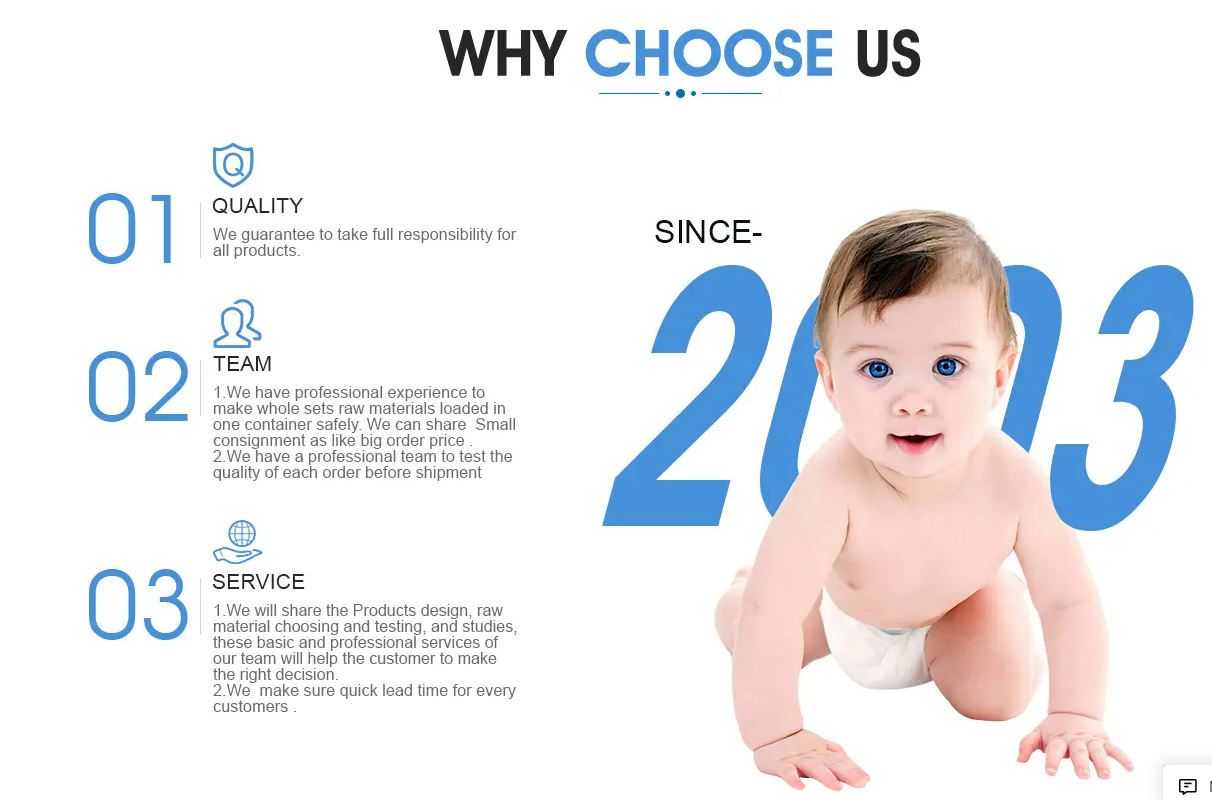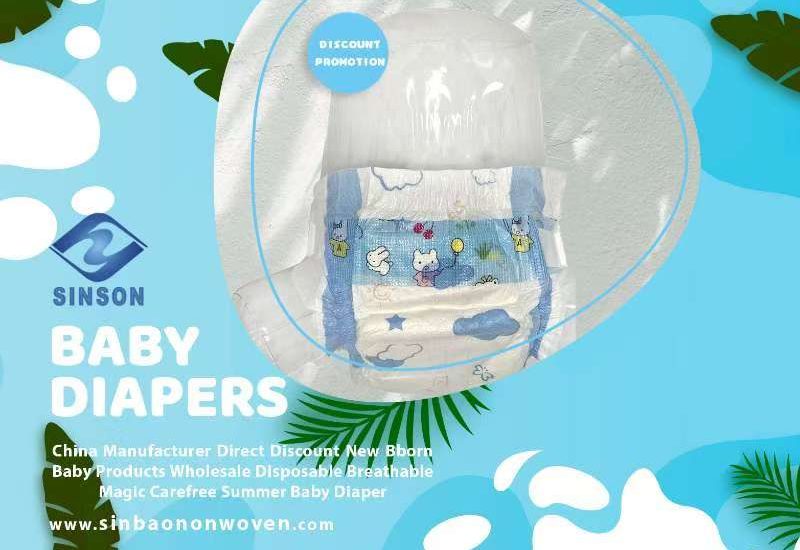According to a report released by the New Thinking Industry Research Center, the global baby diaper market size will be approximately US$41.09 billion in 2023, and is expected to reach US$46.48 billion by 2028, with a compound annual growth rate (CAGR) of approximately 2.5%. This growing trend reportedly reflects steady growth in demand for baby diapers globally, particularly in developing countries.
As one of the largest economies in Southeast Asia, Dialogue has exceeded 270 million in 2022, with a young population structure, a birth rate as high as 16.19‰, and more than 5 million newborns every year. The diaper market is expected to achieve steady growth in the next five years. The market size is expected to reach US$1.76 billion in 2024, and the baby diaper market sales are expected to reach US$343 million by 2028. The following is relevant information:
Indonesian diaper market growth forecast for the next five years
Market size forecast: According to Euromonitor, the revenue of the Indonesian baby diaper market is expected to reach US$1.76 billion in 2024, and the annual growth rate of the market is expected to reach 6.8% (compound annual growth rate from 2024 to 2028).
Sales Forecast: It is expected that by 2028, the Indonesian baby diaper market sales will reach 343 million kilograms.
Growth drivers
Population growth and birth rate: Indonesia has a population of approximately 280 million, with approximately 5.5 million newborns every year. A higher willingness to have children will bring strong consumer demand for diapers and maternal and infant products.
Economic development and improvement in consumption power: As Indonesia’s per capita consumption level increases year by year, more and more middle class people begin to pay attention to the quality and safety of baby diapers, rather than price considerations.
Government policy: The Indonesian government has provided a series of tax relief and financial subsidy measures to actively encourage local companies to expand production scale and attract more international companies to enter the local market.
Market challenges
– Market competition: As the market expands, competition may become more intense.
Changes in consumer preferences: Consumers’ requirements for environmental protection and comfort may continue to increase, and they will set higher standards for product quality and safety.
To sum up, the Indonesian diaper market is expected to achieve steady growth in the next few years, and brands need to pay attention to market dynamics, seize development opportunities, and respond to challenges.
When Chinese diaper companies go overseas to Indonesia, they need to consider many aspects to ensure successful entry and operation. Here are some key considerations:
Market cultural differences
Localization: The Indonesian market has a strong preference for local brands, so products need to conform to the culture and needs of local consumers.
Social media and word-of-mouth marketing: Indonesians are familiar with social media and trust word-of-mouth, so establishing a good brand image and word-of-mouth is crucial.
Partner selection: Working with trusted local experts can help companies navigate complex business environments.
laws and regulations
Rules of origin: Indonesian customs has detailed requirements for certificates of origin, and companies must strictly abide by them when exporting.
Tax policy: Understanding Indonesia’s tax policies and preferential measures, such as corporate income tax and value-added tax exemptions, can help companies reduce costs.
market strategy
Product positioning: Adjust product positioning, such as size, material, function, etc., according to the needs of the Indonesian market.
E-commerce platform selection: Use Indonesia’s popular e-commerce platforms, such as Lazada and Shopee, for sales and promotion.
After-sales service: Establish a complete after-sales service system to improve consumer satisfaction and loyalty.
Meet the challenges
Cultural adaptation: Understand and respect Indonesian culture, habits and needs, and avoid cultural conflicts.
Legal compliance: Comply with Indonesian laws and regulations, including labor laws, import tax rates, etc.
Market changes: Pay attention to dynamic changes in the Indonesian market, such as changes in consumer preferences, and adjust market strategies in a timely manner.
To sum up, when Chinese diaper companies go overseas to Indonesia, they need to comprehensively consider market cultural differences, laws and regulations, market strategies, and methods to deal with challenges to ensure successful entry and operation.







